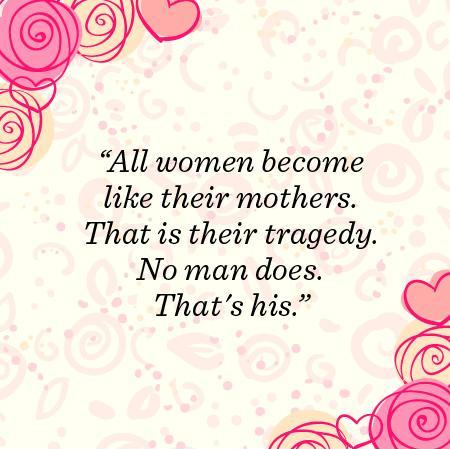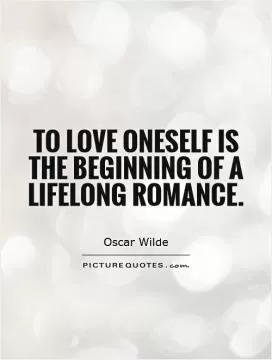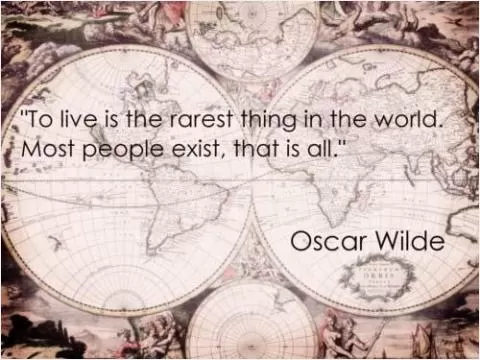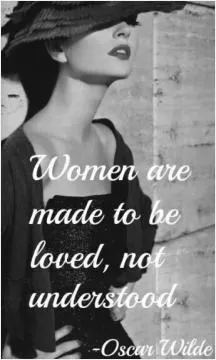All women become like their mothers. That is their tragedy. No man does. That's his

All women become like their mothers. That is their tragedy. No man does. That's his
Oscar Wilde, known for his wit and sharp observations on society, once famously said, “All women become like their mothers. That is their tragedy. No man does. That's his.” This statement, while seemingly controversial and perhaps even sexist, can be interpreted in a variety of ways within the context of Wilde’s work and personal life.In Wilde’s time, women were often expected to conform to societal norms and expectations, including those set by their mothers. They were expected to marry, have children, and maintain the household, much like their mothers had done before them. Wilde’s statement can be seen as a commentary on the lack of agency and autonomy that women had in his society. By becoming like their mothers, women were perpetuating a cycle of conformity and limitation, unable to break free from the expectations placed upon them.
On the other hand, Wilde’s assertion that “No man does” become like his mother can be seen as a reflection of the privilege and freedom that men had in Victorian society. Men were not expected to conform to the same extent as women were, and were often able to pursue their own interests and desires without the same level of scrutiny or judgment. Wilde himself was known for his flamboyant personality and unconventional lifestyle, which would have been much more difficult for a woman to maintain in the same time period.












 Friendship Quotes
Friendship Quotes Love Quotes
Love Quotes Life Quotes
Life Quotes Funny Quotes
Funny Quotes Motivational Quotes
Motivational Quotes Inspirational Quotes
Inspirational Quotes